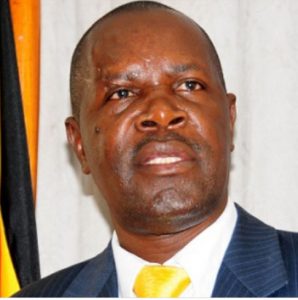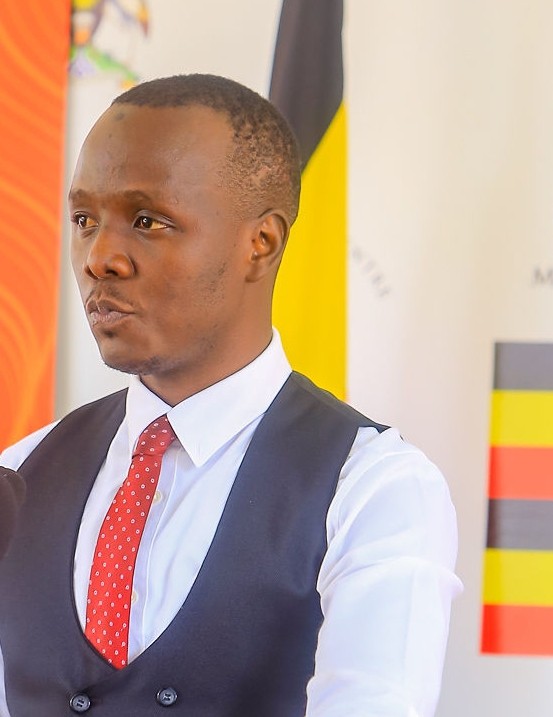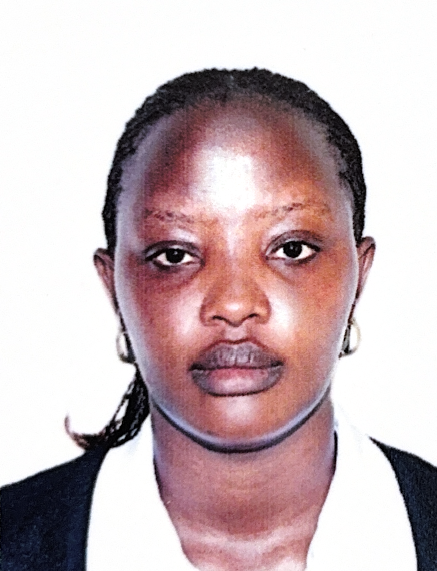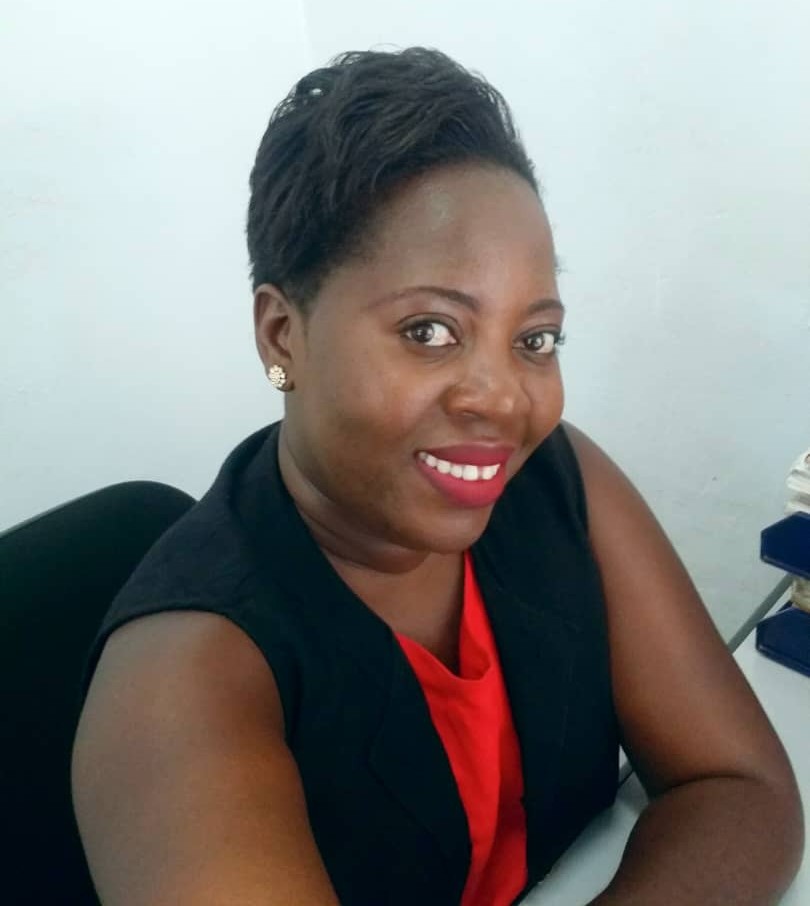
A vicious NUP; OTHER OPPOSITION LEADERS AT THE STAKE
For good measure, we should begin to like the fight that the National Unity Platform (NUP) has taken to the political courtyard of some opposition figures who have never had kind words for NRM and President Museveni’s leadership. Probably it is becoming pointless to keep arguing with strange fools on the internet. But unfortunately, it is also now the main channel for public communication in a rapidly changing world. A stranger, probably a bot, with a smartphone and some data, lampooning people, some proven experts in their own field. The internet has made public debate so fraught with almost everyone shouting angrily, and the election campaigns making it even worse especially if you treat every opinion seriously. It all started with the now infamous five hundred million shillings said to have been dubiously awarded to parliamentary commissioners almost five years ago as service award, even before they had completed one year on the job. Section of the leadership of the National Unity Platform (NUP), used that opportunity to cut the sculp of its then Leader of Opposition in Parliament (LoP), Mathias Nsamba Mpuuga. After a year-long dispute, NUP dismissed Mpuuga, who in-turn promptly founded his own political party now called the Democratic Front (DF), taking along with him a few NUP MPs among them the loud Abed Bwanika, Micheal Kakembo Mbwatekamwa, and Juliet Nakabuye Kakande who had seen the purge coming. Those who were his known allies within NUP, like Medard Lubega Ssegona, Joyce Bagala, among others although unhappy with the way Mpuuga was treated, grew cold-feet and stayed back hoping to pick NUP tickets for the ongoing parliamentary elections only to be kicked in the teeth by the vicious team now firmly in control. On social media, NUP trawls have gone bare knuckles, putting up a meme of a dog, mimicking Ssegona. In his constituency, they seem to have organised and staging hostile groups of presumed residents and voters who don’t even permit to address his own public rallies. But as cowardly pretenders, who sought to exploit Robert Kyagulanyi’s abrupt political rise for their own selfish gains, they have now found themselves in a difficult position unable to publicly and directly challenge his political methods of work. And while they loathe him, they nearby, fear to tackle him for fear of losing votes among his loyal constituents, and so have chosen to lie low in humiliation. The old adage, when you keep a dog, learn to have stick has not helped them. Muwanga Kivumbi and Betty Nambooze are now the whistle-dogs of the masterclass of the dark art, hired to demolish whoever tries to raise their political head, and appear to salivate holding the machete. The two are hitting a new low bar in tribal chauvinism, insults, political abrasion, vulgarity and whatever-else accompanies it. Both are running past their own destinations. And, they also have trawls on various social media platforms who repeat, amply and dredge up the worst possible that their rivals could have ever said or done ages back, just to ensure the dirt is flushed down the toilet. It appears they do not appreciate the possibility that where reasonable men disagree there may be some useful truth on both sides even if it is truth only as each one of them sees. It is unlikely that someone will come soon to save this opposition from the Svengalis. Let us all face it, at this rate, there should be no point putting up with NUP decline. And so as the adage goes, they made their bed, and should sleep in it. Mpuuga, Ssegona, Bwanika, Lubega Mukaku, Michael Mabiike, Ssemujju Nganda and Joyce Bagala should live with the effects of Kyagulunyi-mania.
BY OFWONO OPONDO





